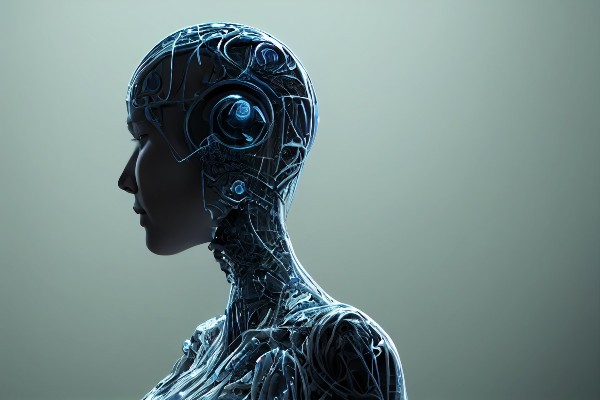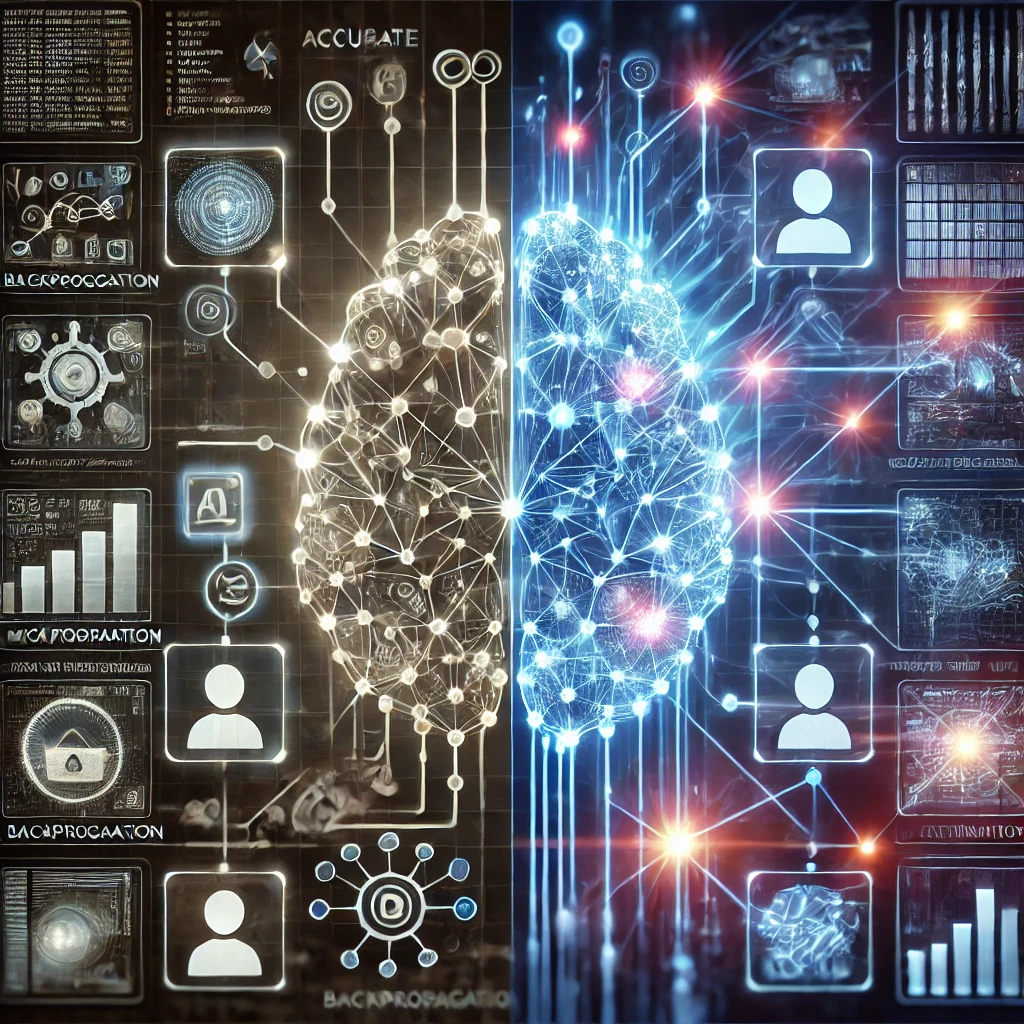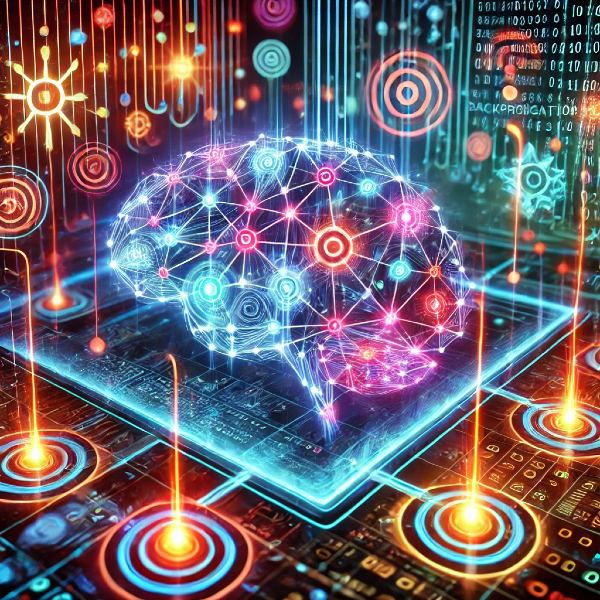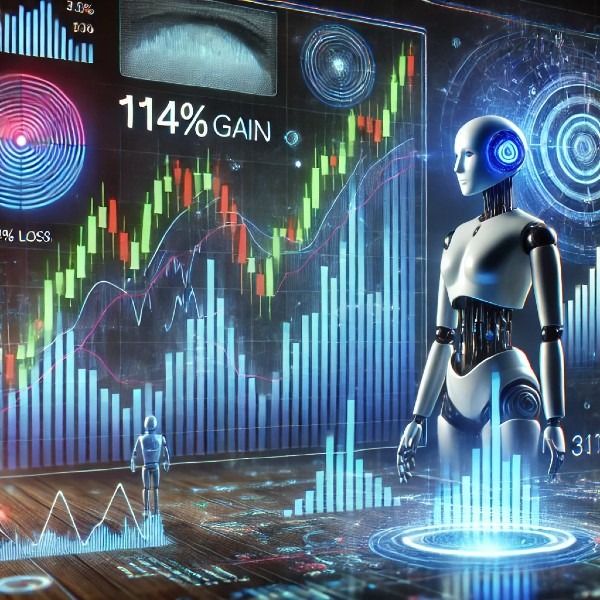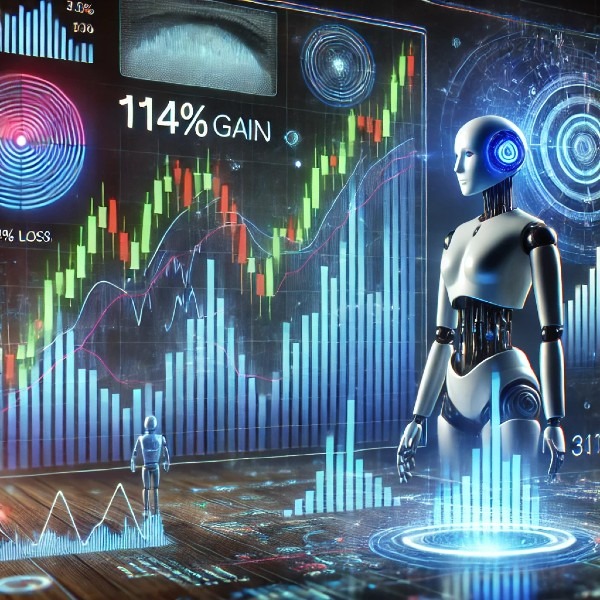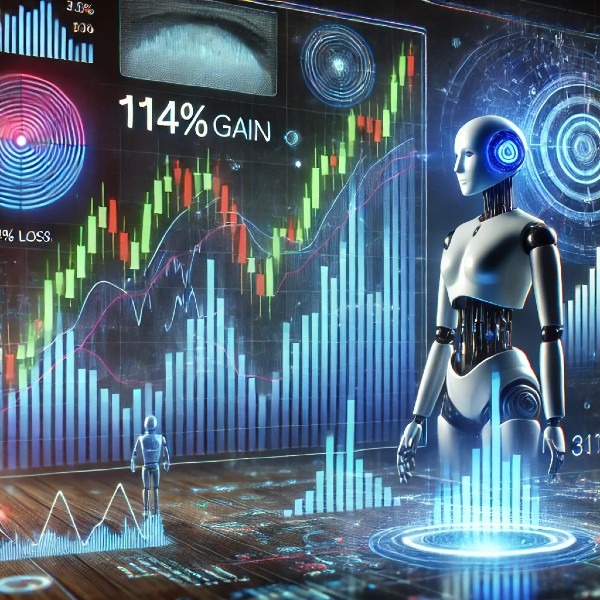FAQ Section
Q1: What exactly is Black Box AI?
Black Box AI refers to artificial intelligence systems where the internal decision-making process is not fully visible or understood. It’s like having a robot that can solve problems, but we don’t see the steps it took to find the solution.
Q2: How is Black Box AI used in finance?
In finance, Black Box AI is used to analyze market data, predict trends, and make investment decisions. Its ability to process vast amounts of data quickly makes it a valuable tool, though its decision-making process can sometimes be unclear.
Q3: What do developers and data scientists do with Black Box AI?
Developers and data scientists build and manage Black Box AI systems. They work on understanding how these systems make decisions and strive to make them as transparent and reliable as possible.
Q4: How is Black Box AI applied in computer vision?
In computer vision, Black Box AI enables machines to interpret and analyze visual data from the world. It’s used in various applications, from security systems to autonomous vehicles, but understanding how it ‘sees’ and ‘interprets’ images is an ongoing challenge.
Q5: What is ethical AI?
Ethical AI refers to the practice of designing and using AI systems in a responsible and morally acceptable way. It involves ensuring fairness, transparency, and accountability in AI, including Black Box AI systems.
Google Snippets
Black Box AI
Black Box AI is a type of AI where the decision-making process is not transparent. It’s used in numerous industries, providing advanced solutions but also posing challenges in understanding how decisions are made.
AI in Finance
In finance, AI, including Black Box AI, is revolutionizing how financial data is analyzed and decisions are made. It offers powerful tools for predicting market trends and making investment decisions.
Computer Vision and AI
Computer vision is an AI field where machines are taught to interpret and understand visual information. Black Box AI plays a significant role in advancing this technology, though it presents challenges in transparency.
Black Box AI Meaning from Three Different Sources
Tech News Outlet: Black Box AI refers to AI systems with complex internal mechanisms that are not easily understood, presenting a blend of advanced capabilities and challenges in transparency.
Educational Technology Resource: Black Box AI in education is used to describe AI systems aiding in learning and assessment but with decision-making processes that are not fully clear.
Science Magazine: Black Box AI is often characterized as AI that can perform tasks or make decisions based on data analysis, but without providing a clear explanation of its internal logic.
Did You Know?
- The term “Black Box” in Black Box AI comes from aviation, where flight recorders are known as black boxes due to their inaccessible data.
- Some Black Box AI systems can analyze more data in a day than a human could in a lifetime, making them invaluable in data-driven fields.
- The field of “Explainable AI” aims to make AI decisions more transparent and understandable, directly addressing the challenges associated with Black Box AI.
In conclusion, Black Box AI is a vital part of modern technology, influencing areas like finance, computer vision, and the work of developers and data scientists. While it offers immense potential for innovation and efficiency, it also brings challenges in understanding and ethical use. As technology continues to evolve, focusing on responsible development and use of AI, including Black Box AI, is essential to ensure it benefits society as a whole.
Welcome to the intriguing world of Black Box AI! This term might sound a bit complicated, but it’s a fascinating part of today’s technology. In simple terms, Black Box AI is a kind of artificial intelligence where we know what it does, but not exactly how it does it. Imagine a robot that can solve complex puzzles – we can see the results but understanding the process it uses is like trying to solve a mystery.
In this blog post, we’re going to dive into the world of Black Box AI and explore its impact in various fields such as finance, the role it plays for developers and data scientists, its application in computer vision, and the importance of ethical AI. Designed to be understood by an eighth grader, this guide will provide a clear understanding of Black Box AI and its significance in our world today. Let’s unravel the mysteries of Black Box AI together!
Finance
In the finance sector, Black Box AI is like a super-smart wizard that helps with money matters. It looks at tons of financial information, such as stock market trends and economic reports, and uses this data to make predictions or decisions. This is really useful for people in finance because it helps them understand where to invest money and predict future market trends.
However, the tricky part of Black Box AI in finance is that sometimes, even the experts don’t fully understand how it reaches its conclusions. This can be a concern, especially in situations where people’s investments or loans depend on these AI decisions. That’s why there’s a growing focus on making Black Box AI in finance more transparent and understandable.
Developers and Data Scientists
For developers and data scientists, Black Box AI is a fascinating area to work in. They are the tech wizards who build and understand these complex AI systems. For them, Black Box AI offers an exciting challenge: creating systems that can solve complicated problems and then figuring out how these systems arrived at their solutions.
The work of these professionals is crucial because they help make Black Box AI systems reliable and understandable. They use their skills to ensure that these AI systems not only perform their tasks efficiently but also can be explained, at least to some extent, which is important for trust and ethical use of technology.
Computer Vision
Computer vision is a cool area where Black Box AI is making a big impact. It’s about giving computers the ability to ‘see’ and understand images and videos, just like we do. This technology is used in things like facial recognition in smartphones and helping self-driving cars understand what’s around them.
The fascinating part of computer vision with Black Box AI is that it learns from the images it processes, getting better over time. But, like other areas of Black Box AI, it’s not always clear how it learns and makes decisions based on what it ‘sees’. This is a big topic in tech because understanding these processes is crucial for safety and effectiveness.
Myths vs. Facts about Black Box AI
Myth 1: Black Box AI is Always Inaccurate
Fact: Black Box AI can be incredibly precise and effective. The ‘black box’ aspect refers to the lack of clarity in how it reaches decisions, not the accuracy of those decisions.
Myth 2: Black Box AI is Only Used in Complex Fields
Fact: While Black Box AI is used in complex areas like finance and computer vision, it’s also present in everyday technologies like digital assistants and recommendation systems.
Myth 3: Black Box AI Operates Without Human Control
Fact: Despite its complexity, Black Box AI doesn’t operate independently of human oversight. Developers and data scientists play a crucial role in designing, monitoring, and managing these systems.
References
- Thinkful offers insights on how to address the “black box” problem in AI through Explainable AI (XAI) and transparency models. They discuss techniques like Feature Importance Analysis, Local Interpretable Model-agnostic Explanations (LIME), SHapley Additive exPlanations (SHAP), Model Distillation, and Decision Rules, which are designed to make AI models more interpretable and transparent. This is especially important in applications where decisions can have far-reaching consequences, such as healthcare or finance
- Superb AI‘s blog discusses the challenges of the reliability of AI and its adoption into society, given the opaque nature of black box models. The widespread use of AI technologies presents issues related to data bias, lack of transparency, and potential infringement on human rights. The article addresses how Explainable AI is crucial for building AI systems that are not only powerful but also trustworthy and accountable.

